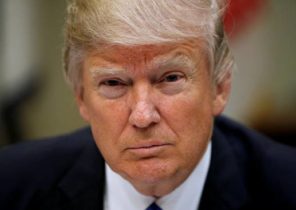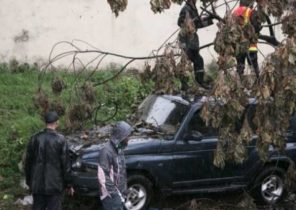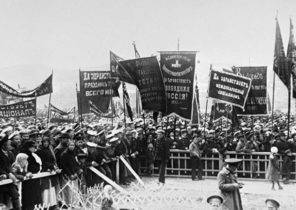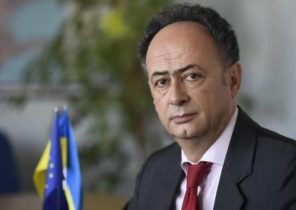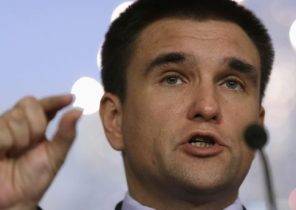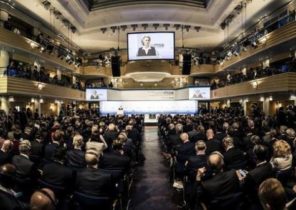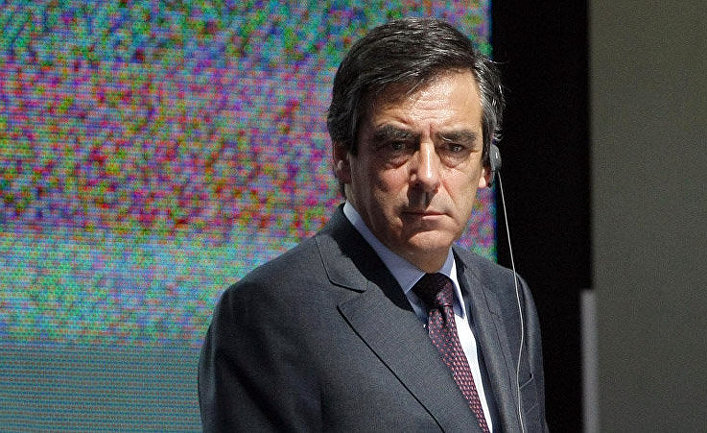
François Fillon, cautious and loyal to the Prime Minister during the reign of former President Nicolas Sarkozy, is now the official candidate of the right-wing Republicans in the upcoming spring presidential election in France. Before the party primaries in November last year, the polls predicted the victory of Alain juppé, Prime Minister under Jacques Chirac (Sarkozy’s predecessor), and Fillon was in third place, significantly behind Sarkozy himself, who wanted to return to politics. When Fillon surprisingly, many observers began to compare him with Donald trump.
Fillon is a deeply religious Catholic, he is calm, softly spoken, lives in a small castle in his home province of Sarthe. In his behavior there is nothing like the arrogance, vulgarity, and narcissism, which are projected now to the world of “trump Tower” in new York. But supporters of Fillon and tramp have three common properties — the negation of the policy of liberal identity; the rejection of “expert opinion” as a decisive component in the adoption of political decisions; a feeling of anxiety due to the loss of power and status in the country where they once dominated.
The origins of the success of the visit can be found even in 2013, when throughout the country thousands of demonstrators took to the streets in protest against a bill to legalize same-sex marriage (“Marriage for all”), which was introduced in the National Assembly Christian Taubira, the Minister of justice in the government of President Francois Hollande. “March for all” (“Manif pour tous”) has become the first in many years the case, when French Catholics came together for a demonstration against the government, and as a Catholic.
In the end, the law was passed, and now it will not offer to cancel. Fillon wants to complicate the procedure of adoption of children by same-sex couples. However, the March was so massive that it surprised even its members; it created the conditions for the victory of Fillon in the primaries and, according to the opinion polls to become the next President of France.
March has United Catholics of all ages, including many families, and some young leaders of the March then founded a new movement called “Common sense.” Their purpose is to protect the traditional family and the preservation of a strong state in the reformed European Union in which participating countries will regain some powers. The name of the movement stems not from the title of the famous pamphlet of Thomas Paine, published in 1776, and the ability of “normal” people to judge independently what is right and what is not, relying on the opinion of experts. Is the idea with strong Catholic overtones. Supporters of “Common sense” often refer to the theory of the “culture wars” of Antonio Gramsci, according to which values inevitably enter into a conflict and therefore they must be fought (while ignoring the irony of the situation: in defense of Catholicism called the Italian Marxist).
Although the March was conceived as a non-partisan and independent, “Common sense” was created as part of the right political apparatus in the framework of the party “Union for a popular movement”, the predecessor of the current “Republicans”. This mutually beneficial mechanism provided the party with new energy and movement gained a broader platform. “Common sense” appeared under the supervision of Sarkozy, but it was linked with other political leaders, for example Fillon, whose position on religious issues closely coincided with the position of the movement.
As he says Fillon, he was preparing for the primaries two years traveling around the country and asking the French people what he wants. He then developed a program based on two ideas — the large-scale deregulation for the liberation of the economy and protection of Catholic values (which explains his sympathy for Russian President Vladimir Putin in which he can see the defender of Christians in the middle East). “Common sense” became a key participant in the creation of this program and the members of the movement generously rewarded for that visit the massive turnout in the primaries.
When they begin the “March for all”, some commentators started making fun of the protesters, calling them “zombie Catholic”. But as in the case of the “miserable bunch” (“basket of deplorables”) trump, whose supporters were wore badges with this nickname, which they were awarded Hillary Clinton the most “zombie-Catholics” of the middle class have begun to dress appropriately, which only increased their appeal.
To the question “Why they took to the streets?” the protesters replied that defend their Catholic identity. Officially France is a secular state in which Church and state legally separated since 1905, but French Catholicism remains the dominant force in the country, and many national celebrations are actually Christian.
French Catholics believe that now their historically privileged position was in danger due to the spread of Islam and the increasing number of terrorist attacks inspired by Islamists, and because of the laws, which are increasingly contrary to their way of life. For many conservative Catholics, the law on same-sex marriage became a turning point, with the Catholic left-wing views were in the minority compared to right.
In French politics there is no analogue of the “alternative right” in America, with conspiracy theories, talk shows, Internet trolling and fake news that helped Trump during the elections. But supporters of Fillon likewise reject multiculturalism, and their concerns about changes in social status led to the denial of the role of expert opinions.
As France is becoming less Catholic, and the United States is increasingly more diverse, the political power of these “zombie armies” will decay; but, as the election trump and the political ascent of Fillon, yet this power cannot be ignored.
Hugo Drochon teaches political science at the University of Cambridge. He is the author of “Great politics, Nietzsche”

